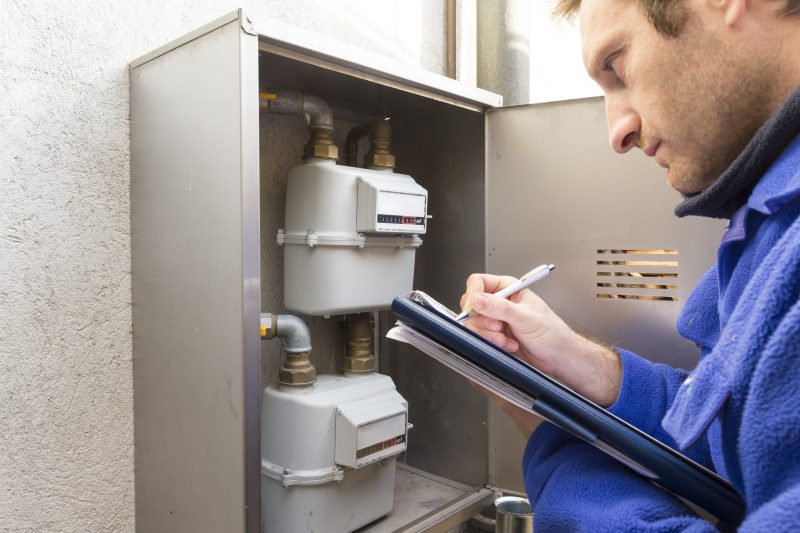Customers switch their energy supplier for a number of reasons: because they are dissatisfied with their current provider’s customer service; because they wish to switch to green energy or, by far the popular reason, because they want to save money. On average, switching your supplier can save you more than two hundred pounds a year and switching your gas supplier is no more difficult than switching your electricity supplier. You may want to consider switching your gas and electricity together because dual fuel deals are generally cheaper and it’s no more complicated than just switching one supplier. Don’t assume that because you are in rented accommodation that you can’t switch your gas supplier; if you pay the supplier directly then it is your right to switch if you wish.

Do you need rewiring or alterations to the plumbing to switch gas suppliers?
Switching your gas supplier doesn’t require any rewiring; it all comes into your home through the same pipes, ducts, cables and wires. You’ll find all the information that you need to switch your gas supplier on a recent bill.
How do I change gas suppliers?
It only takes two minutes to compare prices online. When you’ve decided on a new supplier, you’ll need to fill out a short form and they will do the rest. Then you simply agree on a switching date and it’s as simple as that. What’s more, they’ll be no interruption to your gas supply. There is normally a two-week‘ cooling off’ period during which you can change your mind and remain with your original supplier, without any financial penalty.

What different tariffs are available?
There is a range of tariffs on the market, but they are all variations on two basic types of tariff. A fixed rate tariff will lock your payments for between one and three years and will give you protection against possible energy price rises. This doesn’t mean that your gas bill will always be the same, what you pay will be determined by the amount of gas you consume, but the unit cost will remain constant. A variable tariff will respond to the rise or fall of energy prices and there’s no way of knowing whether it will prove cheaper or more expensive than a fixed rate tariff. Variable tariffs don’t have fixed terms, so you can stay on one as long as you want and they don’t have exit fees, so if energy prices do rise you have the option of switching to a fixed term tariff.
Who informs your current gas supplier of the change?
Your new gas supplier will inform your old supplier of the change, so you don’t have to worry about any awkward conversations or about being pressurised to reverse your decision.

Are there any other ways in which I can reduce my gas bill?
Ask your new supplier about ways in which you can reduce your gas consumption. Something as simple as showering for a minute less each day will save you money, but you might also want to look into having your gas boiler serviced, installing a smart meter or improving your insulation.

